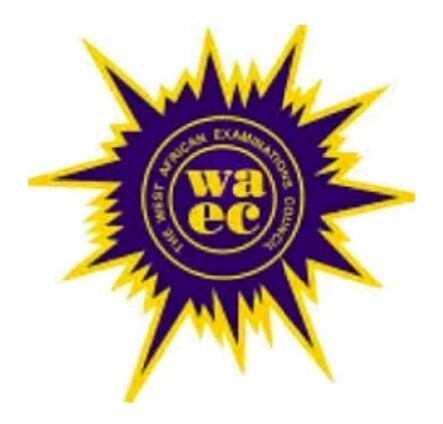Studying for your upcoming West African Examination Council (WAEC) Social Studies exam is crucial for your preparation.
The Social Studies syllabus serves as a comprehensive guide, outlining the aims, objectives, and exam format.
It covers various topics, including the components of society, national unity, social and economic development, governance and politics, and more.
This blog post aims to simplify the syllabus in easy-to-understand language, helping you grasp the key concepts and excel in your exam.
- Understanding the Purpose of Social Studies: Social Studies is a multidisciplinary subject that explores contemporary societal issues. It equips individuals with knowledge about their culture, society’s problems, values, and aspirations for the future. By studying Social Studies, you gain a better understanding of how society functions and develop critical thinking skills that can contribute to societal transformation and growth.
- Examination Objectives: The WAEC Social Studies exam aims to test your understanding of the following:
- Positive attitudes and values towards individual and societal issues.
- Components of society and their roles.
- Democratic values and their contribution to national unity.
- Importance of the institution of marriage and family.
- Development of a positive self-concept and its impact on interpersonal relationships and social harmony.
- Socializing agencies and their role in forging national unity.
- Preservation of the physical and social environment.
- Socio-economic problems in Ghana and strategies for sustainable development.
- Coping with the challenges of social change.
- Exam Format: The Social Studies exam consists of two papers: Paper 1 and Paper 2.
- Paper 1: This section contains fifty multiple-choice objective questions to be answered within 50 minutes, with a total of 50 marks.
- Paper 2: This section comprises three sections: A, B, and C, covering different areas of the syllabus. You must answer a total of five questions, choosing at least one question from each section. Each question carries 20 marks, and the paper lasts for 3 hours.
Now let’s break down the topics covered in each section of the syllabus:
Section A:
The Environment
- Self-Identity and the importance of developing one’s capabilities.
- Adolescent Reproductive Health and fostering good gender relations.
- Ghanaian culture and national identity, including socio-cultural practices and national symbols.
- The institution of marriage, its purpose, challenges, and ways to sustain marriages.
- Individual obligations in the family and the importance of family as an institution.
- Responsible parenting and preventing conflicts between parents and children.
- Socialization, agents of socialization, and factors promoting better interpersonal relationships.
- Our physical environment, environmental challenges, and measures for protecting the environment.
- Education, social change, and the role of education in national development.
Section B:
Governance, Politics, and Stability
- National independence, self-reliance, and challenges of political independence.
- Peace building, conflict resolution, and the role of individuals in maintaining peace.
- Leadership and followership, their qualities, and their roles in nation-building.
- Our constitution, democracy, and the importance of democracy in nation-building.
- Rights and responsibilities of individuals and possible conflicts in exercising those rights.
- Ghana’s relationship with the international community and the benefits of international cooperation.
Section C:
Social and Economic Development
- The youth and their contribution to national development.
- Science and technology in national development and measures for promoting them.
- Resource development and utilization in Ghana, including human resources.
- The role of individuals in community development and decision-making.
- Promoting national socio-economic development and measures for sustainable growth.
- Sustainable development and the importance of maintaining a maintenance culture.
- Population growth, its implications, and efforts to control it.
- The world of work, entrepreneurship, and the qualities required for starting and sustaining a business.
Conclusion
Mastering the WAEC Social Studies syllabus is essential for your exam preparation.
By understanding the objectives and topics covered, you can focus your study efforts and improve your chances of success.
Make use of recommended textbooks to supplement your understanding of the subject. Remember, exam preparation without utilizing the syllabus is like going to a farm without agricultural tools – it hampers productivity.
Embrace the syllabus, study diligently, and equip yourself with the knowledge needed to excel in your Social Studies exam. Good luck!






